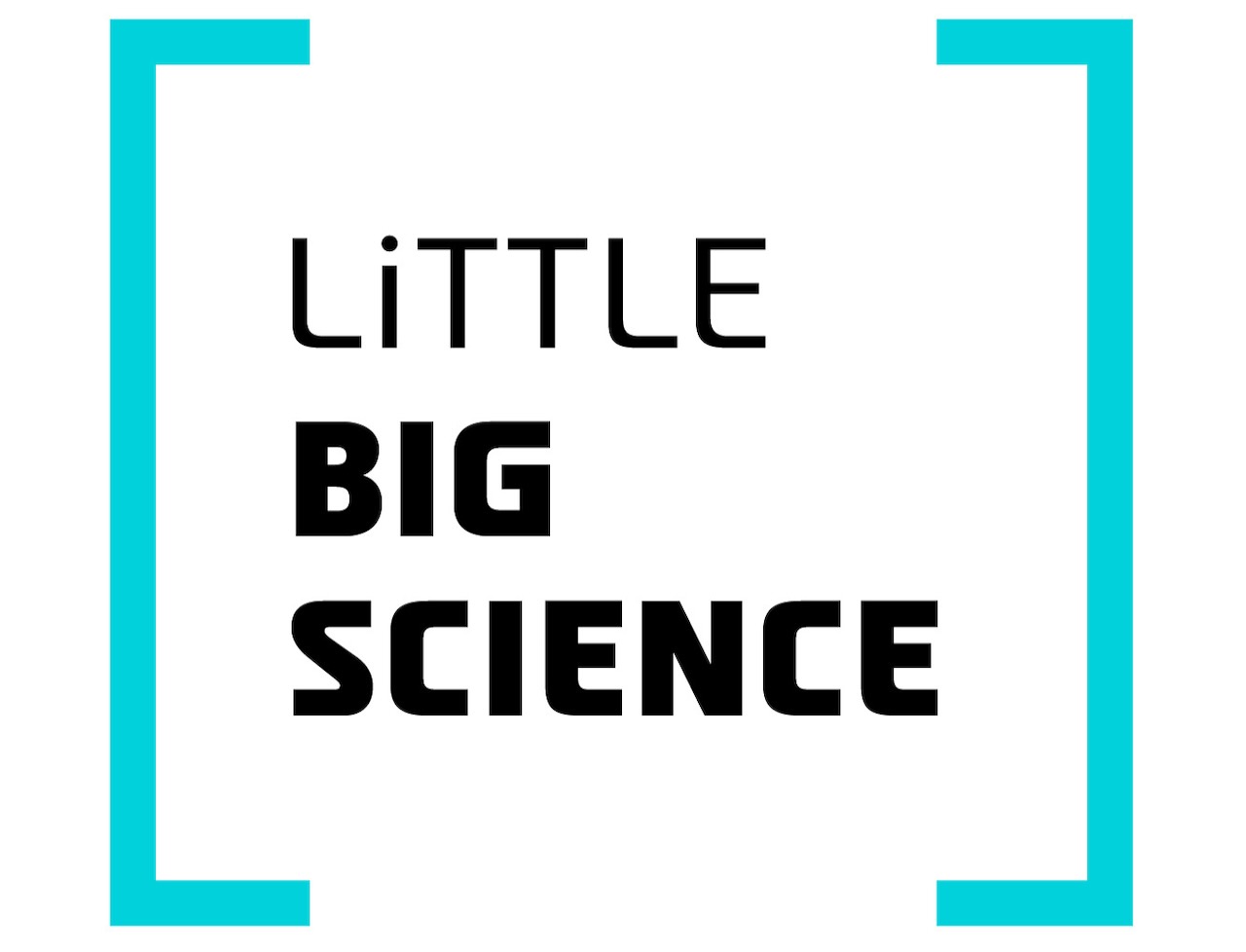
Collagen is the most abundant protein in our body and a central component of our skin. The familiar features of aging skin are the result of cumulative collagen damage and a decline in its production. In recent years, hydrolyzed collagen has been sold as a dietary supplement promising us younger skin – is that where the fountain of youth lies?
Advertisement
Collagens are the most abundant proteins in our bodies. They are found in tissues outside the cells and constitute a central component of a network of proteins and sugars called the “extracellular matrix”. This network acts as a sort of scaffold that links cells to form a tissue and provides them with structural support. Collagens are a family of proteins with varying properties, but mostly the general term “collagen” refers to Type I collagen. Collagen—especially Type I—has a key role in our skin, and it is the hero of this article.
In the skin, collagen is found in the layer called the dermis and is organized as fibers. The thickness of these fibers and their spatial arrangement, together with other factors, determine the rigidity and elasticity of the skin. The main cells responsible for producing collagen and building the matrix are called fibroblasts, and they have a central role in wound healing. In the event of an injury, such as a scratch, fibroblasts will divide and migrate to the injury site. There they secrete collagen and other components to close the wound quickly, prevent infection, and allow the tissue to recover.
During aging, the collagen in the dermis undergoes profound structural changes. Over time, collagen fibers are damaged in various ways that lead to increased stiffness of the fibers and decreased elasticity. In addition, more and more fibroblasts in the skin enter a state of cellular senescence. In this state, fibroblasts lose their ability to divide and renew themselves. Senescent fibroblasts also produce less collagen and more collagen-degrading substances. These processes reinforce one another: changes in collagen properties impair the ability of fibroblasts to adhere to and move along collagen fibers, thus lowering collagen production, further hindering fibroblast motility. Collectively, these changes give the skin traits characteristic of aged skin—reduced elasticity, wrinkles, and slower wound healing [1, 2, 3, 4].
Is it possible to stimulate collagen production in our skin by consuming collagen or its building blocks, thus rejuvenating the skin?
Collagen, like all other proteins, is composed of amino acids. However, collagen also contains hydroxyproline, a special amino acid found primarily in collagen. Collagen-based nutritional supplements that are marketed to us at every opportunity contain hydrolyzed collagen. This means they contain short chains of amino acids that are originally derived from collagen and thus contain hydroxyproline. At first glance, the idea seems promising: we consume collagen building blocks, they enter the bloodstream [5] and from there reach the skin’s fibroblasts, which will then produce collagen. The problem is that fibroblasts cannot synthesize collagen using hydroxyproline. The cellular process for collagen production is to first create the “skeleton” of collagen from other amino acids, and only at a later stage convert some amino acids into hydroxyproline.
So are we merely being sold magic potions? The answer is complicated.
Evidence accumulated in recent years suggests that daily intake of collagen supplements for 2–3 months has a beneficial effect on skin elasticity, moisture, and wrinkle depth [6, 7, 8, 9]. It should be noted that most of these studies were conducted in collaboration with supplement manufacturers; beyond that, their main limitation is that they compared the group that received supplements with a group that took a non-protein product. It is possible that consumption of collagen building blocks produced the cosmetic results, but it is also possible that increased intake of any protein could yield similar effects. Nevertheless, a series of studies [10, 11, 12] showed that collagen-specific building blocks affect processes that contribute to skin appearance. For example, one of the building blocks found in collagen supplements— a pair of proline and hydroxyproline—which can be absorbed in the intestine to reach the bloodstream, induces fibroblasts to divide more rapidly and to secrete fewer collagen-degrading substances, even compared with a mixture of individual amino acids. As another example, amino acid pairs or triplets unique to hydrolyzed collagen enhance the production of collagen and other components important for extracellular matrix function and skin hydration. These studies nevertheless suggest that similar effects would arise from increased consumption of collagen from any source, since it is broken down in the intestine into its various building blocks.
Although there is some evidence that collagen supplements can have cosmetic effects, it is unclear how long these effects last. To date, there is no proof that fancy (and expensive) packaged hydrolyzed collagen is superior to collagen rich meat or fish gelatin from the supermarket. It is important to consult with your family physician or a licensed dietitian before taking nutritional supplements.
Editing: Gloria Volohonsky
References:
- Description of structural changes in skin collagen during aging
- Effect of aging on wound healing in the skin
- Function of fibroblasts in aged skin and the link to reduced collagen production
- Biological mechanisms underlying collagen aging
- Study showing that peptides containing hydroxyproline are absorbed from the digestive tract into the bloodstream
- Clinical study demonstrating the cosmetic effect on skin of consuming hydrolyzed collagen, Kim et al. 2018
- Clinical study demonstrating the cosmetic effect on skin of consuming hydrolyzed collagen, Proksch et al. 2014
- Clinical study demonstrating the cosmetic effect on skin of consuming hydrolyzed collagen, Borumand et al. 2014
- Clinical study demonstrating the cosmetic effect on skin of consuming hydrolyzed collagen, Nomoto 2020
- Study showing that peptides containing hydroxyproline stimulate fibroblast growth
- Study showing that peptides containing hydroxyproline enhance fibroblast proliferation and hyaluronic acid secretion
- Study showing that collagen-derived peptides inhibit collagen degradation and promote collagen synthesis by fibroblasts







